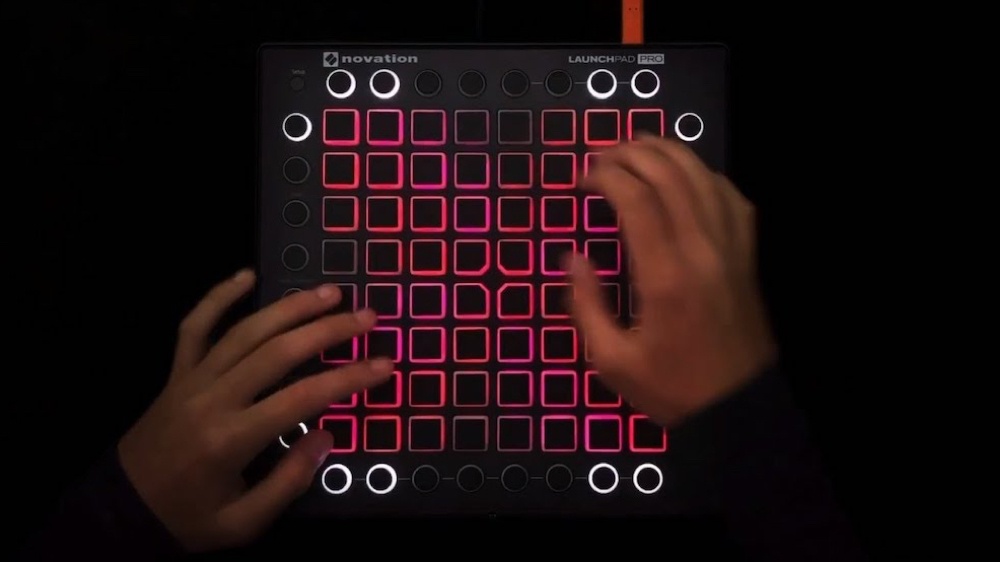The Best Tools for Electronic Music Production Students



By Jason Cohen, Drum & Electronic Music Production Instructor
Our Electronic Music Production computer lab is equipped with top-notch gear that enables our students to be the best producers they can be without having to buy any equipment.
However, there are certain tools available for free or for purchase that, although they aren’t required for the class, will take your experience as an EMP student to the next level. Read on to learn more!
A producer’s computer is what allows them to run Ableton Live, the essential music-making software for EMP students.
Most computers will sufficiently run Ableton as long as they’re not too old (I wouldn’t recommend using any model before 2013).
Laptops are great because you can make music anywhere as well as bring them to class, while desktop computers can often be more powerful and affordable while still allowing you to practice outside of class.
Headphones provide producers with accurate, immersive sound that allows for critical listening and precise editing.
Any headphones will work! However, it is important to keep in mind that cheaper headphones often don’t properly represent certain frequencies, specifically bass, the way they’re meant to be heard, which can make musical decisions more challenging.
A DAW (Digital Audio Workstation), such as Ableton, is a place where you can create, record, edit, mix, and master your songs.
Luckily, there are some free options to get you started. There are plenty of student discounts available when you’re ready to purchase the full software.
The Job of a Midi Controller is to trigger and control sounds in Ableton. It isn’t essential for getting started, but can be a valuable tool for any serious music producer.
When deciding what Midi Controller to get, it mostly comes down to how many piano keys or drum pads you want. Many piano players prefer to have 88 keys, but it is common for producers without piano experience to get smaller Midi Controllers. I recommend a 49 key midi controller.
The job of an Audio Interface is to connect your computer to musical instruments, microphones, and other audio equipment, allowing you to record, play, and process sound with your computer.
It isn’t essential to get one at first but unless you’re trying to record vocals or an instrument.
Sign up with your email address to receive news and updates.